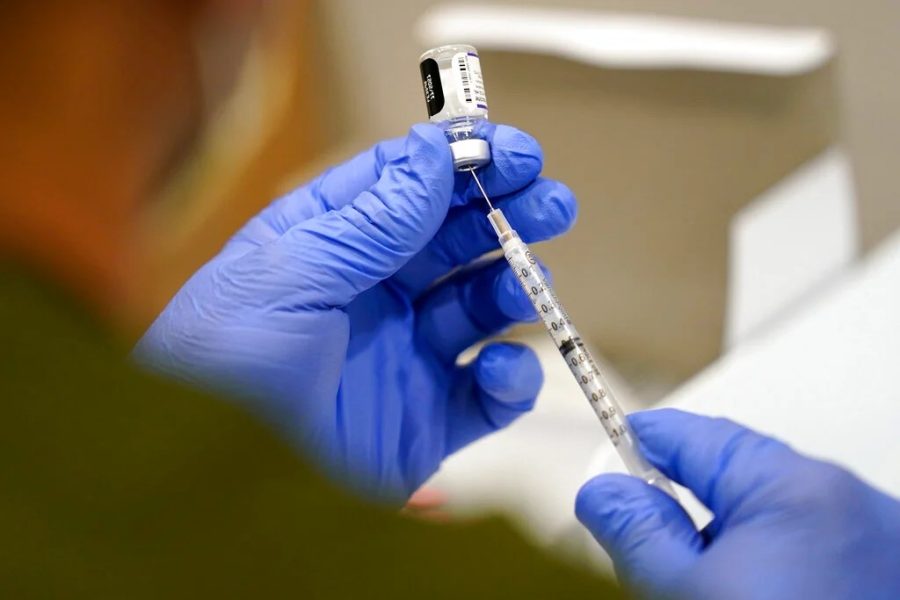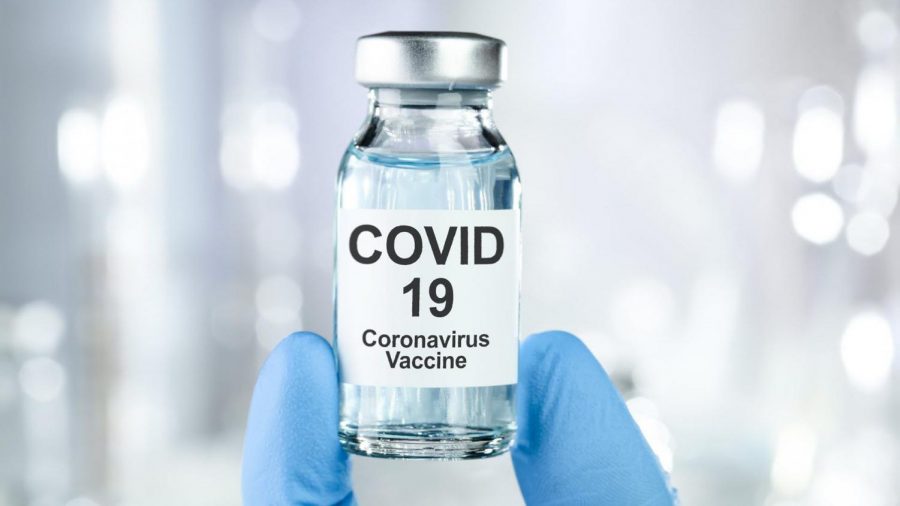
Mononucleosis, aka “mono” or Epstein Barr Virus, is a virus most commonly spread through saliva. It affects a person’s blood and bone marrow and can weaken their immune system making it difficult to fight off other diseases or viruses. Mono can also affect the spleen or liver, causing a host of other problems.
Mono is sometimes also referred to as the “kissing disease” and is most common amongst teenagers and college students. Once mono enters your body, it stays in a nontoxic dormant form for the rest of your life. It is quite common, with around 95% of the population contracting it at some point in their lives.
Covid is a recently discovered virus, causing a well-known pandemic since 2020, and having an estimated fatality rate of 14.5 million people world-wide. Covid weakens the immune system and causes inflammation in the body. Today, in most cases, it presents itself as a cold keeping people feeling ill for a few days and then leaves, making it of little concern, right?
While mono has been well known for years now, and Covid has become a regular part of the medical vernacular, the connections between these two have only recently been discovered.
In the past year, there have been several cases of teenagers contracting Mono, followed a few months later by Covid, and within several weeks following Covid, redeveloping Mono. In one case, a patient contracted Mono in February 2023, then caught Covid in June 2023, only to relapse with mono again in September 2023.
Reactivation of this virus is higher when the body goes through elevated levels of inflammation or when the body goes through low immunity. Covid puts excessive amounts of stress on the body causing inflammation and a low immune system. This then allows the Epstein Barr Virus to attack, leaving patients facing illness once again.
More research will have to be conducted to see if Covid is truly a trigger for Mono.





















Michelle Stone • Sep 19, 2023 at 8:50 pm
Very informative article!
Beth Cauthen • Sep 11, 2023 at 12:11 pm
Very interesting! I’ll be watching for more research on this topic!